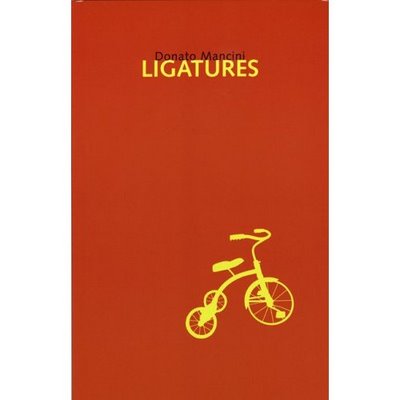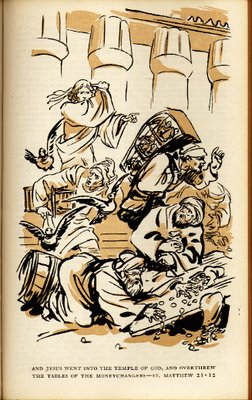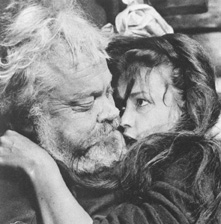Six and Two
"Sports metaphors capture the attitude that led us to where we are today. When the Bush White House, desperate but unserious, declares that "failure is not an option," theirs is the certainty of a football coach exhorting his players at halftime when they're down 28 points. At the end, unthinkable as it may be, the privilege of being the United States -- as opposed to, say, Russia or Germany -- is that we can lose wars, put them in the record books and move on.
But if losing the war is not quite the existential crisis that the advocates of escalation make it seem, it is also not as casual as the sports-score attitude that led us into it suggests. The years following the Iraq loss will be no easier than the decade after the loss in Vietnam. And the problems won't be confined to the war's aftermath. There will be the consequences of our fiscal irresponsibility, a deepening energy crisis, climate change, and the social fissures created by wide inequality and middle-class insecurity..."
Tuesday, February 27, 2007

& speaking of New Star, my stablemate Donato Mancini's wonderful Ligatures just got reviewed on Amazon by the mighty Kevin Killian--
"This book had me standing up several times a day, so the book fell off my lap as my "lap" went away. The book, all dented now, remains a monument to the imagination, the strength of alphabet, as ivy and fluid, the way we keep making sense out of the insensible..."
Monday, February 26, 2007





thanks to RM of New Star for these scans of a handsome and rare illustrated bible produced by the Modern Library in 1943 for the booming wartime trade & not, I think, reprinted. The photo of it nestled with its fellow stout "illustrateds" is from an impressive site dedicated to the happy pursuit of Modern Library Collecting...

anticipating a big MOMA show, pieces on Jeff Wall in the New York Times--
"“Believing in the specialness of what you are photographing is a disaster,” he said. “Then you think the photograph will be good because of what is in it. Cézanne taught me that that is not true. An apple is not very interesting. He expunged any attachment to the subject matter, except what he brought to it. In the painting he would bring it back to life. Only by believing that his painting it is what would enliven it could he make it happen.”"
and the New Yorker
"It may be enough to know that, in theory-drunk circles of the period, any sort of aesthetic appeal could be regarded as a stratagem of “late capitalist” ideology or some other wrinkle of malign social power. (The enemy’s identity was never entirely clear.) Artists were obliged to signal knowingness on this score. If critical paranoia poisoned visual and imaginative pleasure, that was unavoidable: a toll of enlightened consciousness. A lot of preachily condescending work resulted, and Wall was not exempt. But a certain quotient of unauthorized excitement, in “wow” effects of what amounts to single-frame cinematography, always set him a bit apart, as did a restlessly experimental drive..."
Sunday, February 25, 2007



good omnibus review of books on Orson Welles--
"Welles was younger than the Surrealists, but jump-starting his career as he did—he was a professional stage actor by sixteen, in 1931—he came of age at roughly the same time as artists who were ten or so years older than he was. And like Dalì, whose best paintings spring from the spooky seacoast terrain he identified with his boyhood, or Joseph Cornell, whose boxes are so many little monuments to bygone charms, he was excited by the taste for optical tricks of the pre-modern, late-Victorian world of his parents' time, the era he had just missed. In Citizen Kane and The Magnificent Ambersons, with their sensuous, breathing sense of an earlier America, Welles has much in common with Dalì and Cornell in the way his subjects are both the past in itself and the filtered, circuitous way it is remembered. As with the two artists' work (and less sentimentally than most American filmmakers express it), these Welles movies suggest that all one's experience is tinged by the expectations and losses of childhood..."
Subscribe to:
Comments (Atom)







